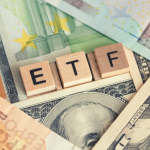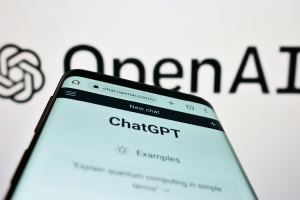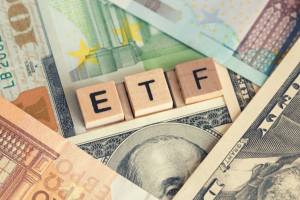
The conversation around overpaid CEOs is a subject near and dear to my heart.
Nothing is more annoying than reading about David Zaslav’s ongoing personal enrichment while Warner Bros. Discovery (NASDAQ:WBD) shareholders see the value of their investment continue to shrink. Most recently, I discussed Zaslav’s outrageous compensation at the end of April.
If a CEO needs to be fired, he is it.
Anyway, Fortune published an article around the same time that discussed Meta Platforms (NASDAQ:META) CEO and co-founder Mark Zuckerberg’s $24.4 million in “other compensation” in 2024.
Although Zuckerberg’s only other compensation is a token $1 annual salary, the world’s fourth-wealthiest person ($166 billion according to the Bloomberg Billionaires Index) should be able to afford his own personal security. Perhaps it’s an insurance thing that requires the company to cover it. Who knows?
Who else has significant “other compensation?”
Here are three more overpaid CEOs other than Zaslav.
Alphabet (GOOG, GOOGL)
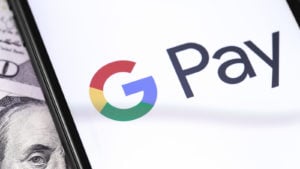
Alphabet (NASDAQ:GOOG, NASDAQ:GOOGL) CEO Sundar Pichai’s total compensation in 2023 was considerably less than the $226 million he received a year earlier. However, in the past three fiscal years, Pichai’s “other compensation” totaled $17.1 million, with only $6.8 million for personal security in 2023.
So what was the other $10.3 million for? According to its proxy, it included up to $11,250 for a 401(k) or Roth company match and personal use of a company car and aircraft. That’s a lot of flights.
While he didn’t get any stock awards in 2023, he realized $155.4 million from stock that vested in the past year, providing the CEO with plenty of cash to pay for these flights.
However, with GOOGL stock up 57% over the past year and the company announcing a $0.20 quarterly dividend starting in June, shareholders are probably willing to cut him some slack.
Palo Alto Networks (PANW)
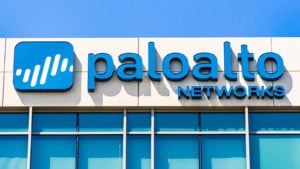
Palo Alto Networks (NASDAQ:PANW) CEO Nikesha Arora received a total compensation of $151.4 million in fiscal 2023 (July year-end). Of that, $145.4 million was for stock awards.
Over the past three fiscal years, the CEO’s total “other compensation” was $6.5 million. Payments included life insurance and disability insurance premiums, $30,000 for a regulatory filing for ownership of the tech company’s stock, personal security, personal use of an aircraft, and the payment of $286,043 to cover the taxes for the personal use of the aircraft.
That’s a decent chunk of money shareholders are covering. However, compared to the $162 million realized in fiscal 2023 for option exercises and stock vested during the year, on top of the $145.4 million in stock awards, the CEO shouldn’t have too many problems paying for family vacations using the company jet.
Oh, and let’s not forget, Arora owns 3.9 million shares of Palo Alto stock worth $1.2 billion. That’s a lot for a hired gun and not a founder.
However, with its stock more than quadrupling since Arora became CEO in June 2018, I’m sure shareholders will let it slide.
DraftKings (DKNG)

DraftKings (NASDAQ:DKNG) CEO and co-founder Jason Robins generated total compensation of $20.8 million, $47.5 million, and $14.0 million in the past three years. That’s not nearly as much as the Alphabet and Palo Alto CEOs.
In the past three years, Robins’ “other compensation” totaled $5.6 million. According to its summary compensation table, it was for security ($1.1 million), air travel costs ($1.1 million), a matching 401(k) contribution ($9,900), financial planning services ($15,925), the purchase of tickets, travel and accommodations to Company-sponsored events during the year ($61,095), and tax reimbursements ($353,335).
Conversely, Robins is only paid $1 a year for salary. That makes sense, given he owns 13.67 million Class A shares and 393.01 million Class B valued at $17.6 billion. He can afford to go without.
In 2023, Robins generated $86.9 million from options exercises and stock vesting, so there’s not going to be a tag day for the CEO.
I will say this about Robins and the other two CEOs: They might be overpaid, but at least their company’s shares have performed reasonably well in recent years.
As long as shareholders don’t protest, companies will continue to overpay their CEOs, believing they must pay top dollar for top talent.
On the date of publication, Will Ashworth did not have (either directly or indirectly) any positions in the securities mentioned in this article. The opinions expressed in this article are those of the writer, subject to the InvestorPlace.com Publishing Guidelines.



